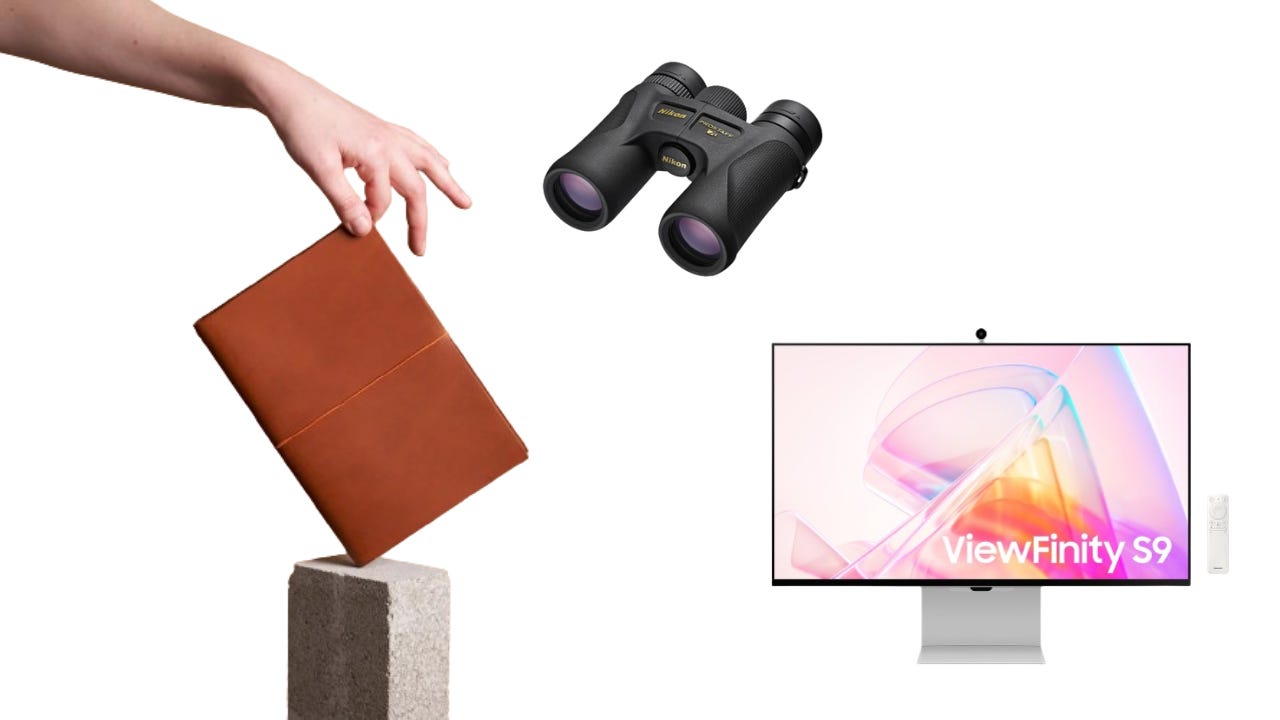20Q
Ten-dollar AI
The other day Will Wright, the genius behind Sim City and the Sims, handed me this tennis ball-size orb and said, “It knows what you are thinking.” Most of the time it will guess what you have in mind after asking you twenty yes/no questions. It is eerily smart, and slightly addictive. I see it as an educational toy.
Burned into its 8-bit chip is a neural net that has been learning for 17 years. Inventor Robin Burgener programmed a simple neural net on a DOS machine 1988. He taught it 20 questions about a cat. He than passed the program around to friends on a floppy and had them challenge the neural net with their yes/no answers to the object they had in mind. The neural net learns only when it plays a game; no data is added except for the yes/no answers of visitors. So the more people who test it, the more they teach it. In 1995 Burgener put the now robust neural net onto the new web where anyone could play it (that is, train it) 24 hours a day. And they did. Burgener’s genius was to turn the hard tedious work of training a neural net into a fun game for humans.
Last year, after 1 million rounds of 20 questions online, the neural net had accumulated 10 million synaptic associations. It has a 73% success rate of guessing what you thought. Burgener then compressed the 20Q code to run on a chip, and had the neural net select 2,000 of the most popular 10,000 objects it then knew about. He then had the neural net select out the most useful 250,000 synaptic connections related to those 2,000 objects, and hard wired that learning into the chip in the orb. In other words, this sphere is a handheld version of Burgener’s Twenty Questions web site. (Because it knows about fewer objects than the web version, it gets confused less often, so its success rate is ironically higher.)
The toy is remarkable. Because it is so small, so autonomous, its intelligence is shocking to the unprepared. Most children can’t stump it, and if you stick to objects it will stump smart adults about 80% of the time with 20 questions and most of the time with an additional 5 questions. I love to watch people’s reactions when they think of a “hard” thing, and after a seemingly irrational set of questions you are convinced are dumb, the sly ball tells you what you had in mind. (For instance, it can correctly guess “flying squirrel”without asking “does it fly?”) People who play chess machines won’t be surprised, but just about everyone else is tickled. It feels like the future.
While the 20Q orb doesn’t learn, the web neural net continues to learn and grow. It has now played 16 million games of 20 questions, and is racking up 2 million additional games every month. I asked Robin Burgener if it was still getting smarter. “It is learning, but it is not increasing its success rate. What happens is that it is learning to play more kinds of people, people who don’t speak English easily, or who have never played 20 questions, or who come from different cultures, and to understand more difficult kinds of things.” Has he given this intelligence a name? “No, but it sure does have a personality. Some days it does well, and some days, it’s just off.” Right now, 20Q is being ported over to Apple servers to keep up with the traffic, and it is being trained in new languages: French, Spanish, Chinese, Italian to start with (it will become separate neural nets for each language). In the future, there may be medical versions of 20 questions to help emergency triage, or other expert uses.
But right now, for ten bucks, you can get an amazing little artificial intelligence, about as smart as an insect — but an insect which specializes in guessing what object you are thinking of. And in that part of the brain, it’s smarter than you are.
— KK
Radica 20Q
$10 at retail discounters
$22 from
Amazon
Manufactured by Radica Games
05/10/05






